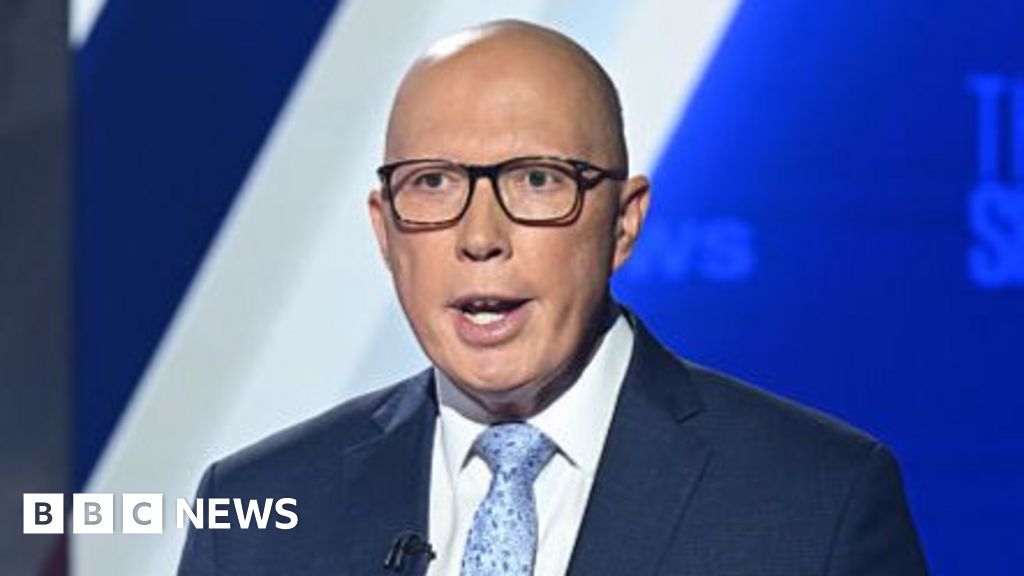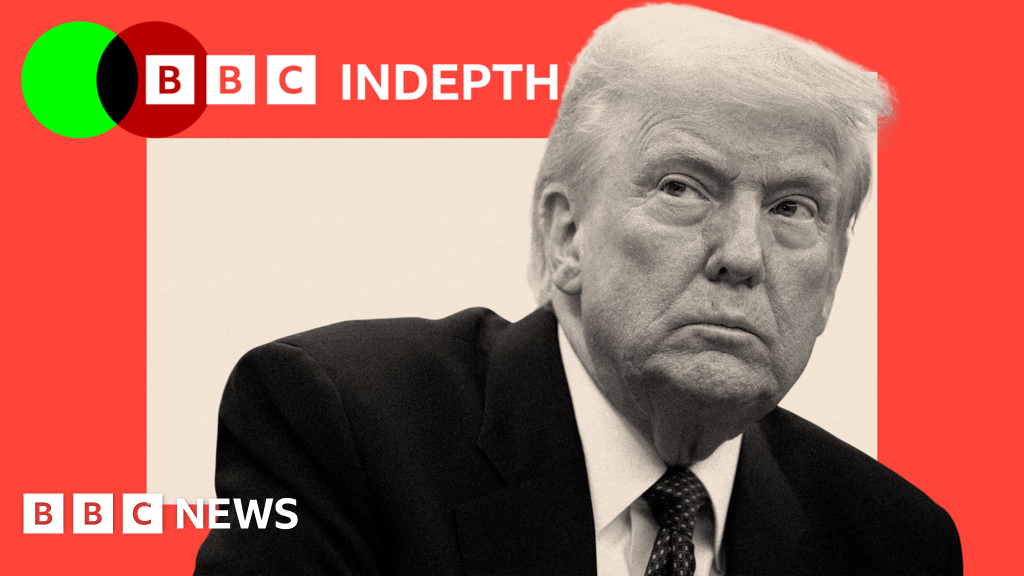Trump Responds to Unfavorable Polling Numbers with Calls for Investigations
Former President Donald Trump has voiced his dissatisfaction with recent polling data that suggests a decline in his popularity. In a post on his social media platform, Truth Social, Trump accused the news organizations that reported these polls of engaging in practices he deems as 'election fraud' and suggested that they should be subjected to investigations.
This sentiment is not new for Trump; he has expressed similar frustrations in the past about polling results that do not favor him. Historically, it has been relatively easy to dismiss such criticisms, as the publication of unfavorable polls is typically considered a standard part of the political landscape. After all, polling is a crucial tool used to gauge public opinion, and being discontent with a poll is not, in itself, an indication of fraud.
However, the context surrounding Trump's recent remarks is significant. Presently, he is embroiled in a lawsuit against The Des Moines Register, its parent company Gannett, and the pollster Ann Selzer. This legal action stems from their release of a poll during the 2024 election cycle that did not align with his expectations. Remarkably, Trump initiated this lawsuit shortly after winning the election last year, and before he was inaugurated into office in January.
In addition, since taking office, Trump's administration has seen Brendan Carr, his appointee to head the Federal Communications Commission (FCC), launch inquiries into major media companies such as Disney and Comcast concerning their diversity, equity, and inclusion practices. This scrutiny has raised questions about the motives behind these investigations, particularly in light of Trump's ongoing grievances with the media.
Moreover, Carr has also opened an investigation related to an interview featuring Vice President Kamala Harris that aired on CBS's renowned program '60 Minutes' last year. Although the inquiry into the interview is theoretically separate from Trump's legal actions, it parallels his legal challenges surrounding the same interview. Recently, it garnered renewed attention following the announcement by Bill Owens, the executive producer of '60 Minutes,' that he would be stepping down due to concerns over losing his editorial independence. Subsequent reports indicated that Shari Redstone, Paramount's owner, who has ambitions to sell her company to tech moguls Larry and David Ellison, has been exerting influence over the programming decisions at both '60 Minutes' and CBS News.
Given this backdrop, one could argue that dismissing Trump's social media comments as mere bluster might be too simplistic. The former president is known for making statements that fluctuate in seriousness; for instance, he has recently claimed that his previous assertion about resolving the Russia-Ukraine conflict on his first day in office was made 'in jest'despite having reiterated that promise numerous times throughout 2023 and 2024.
Additionally, if one were to take Trump's comments seriously, it raises the question of which federal agency or official would even be able to act on his demands. While Carr can theoretically investigate companies like Comcast and Paramount due to their broadcast licenses, the FCC lacks authority over print media entities such as The New York Times or The Washington Post. Attempts to clarify these matters with both Carr and the White House have yet to yield a response.
What is becoming increasingly apparent as we approach 2025 is that the remarks and writings of Trumpregardless of their logical coherence or feasibilitycan sometimes translate into actual policy actions or governmental responses. For media organizations or individuals who believe in the principle that the government should not intimidate media outlets over unfavorable coverage, it would be prudent not to dismiss these developments lightly.














